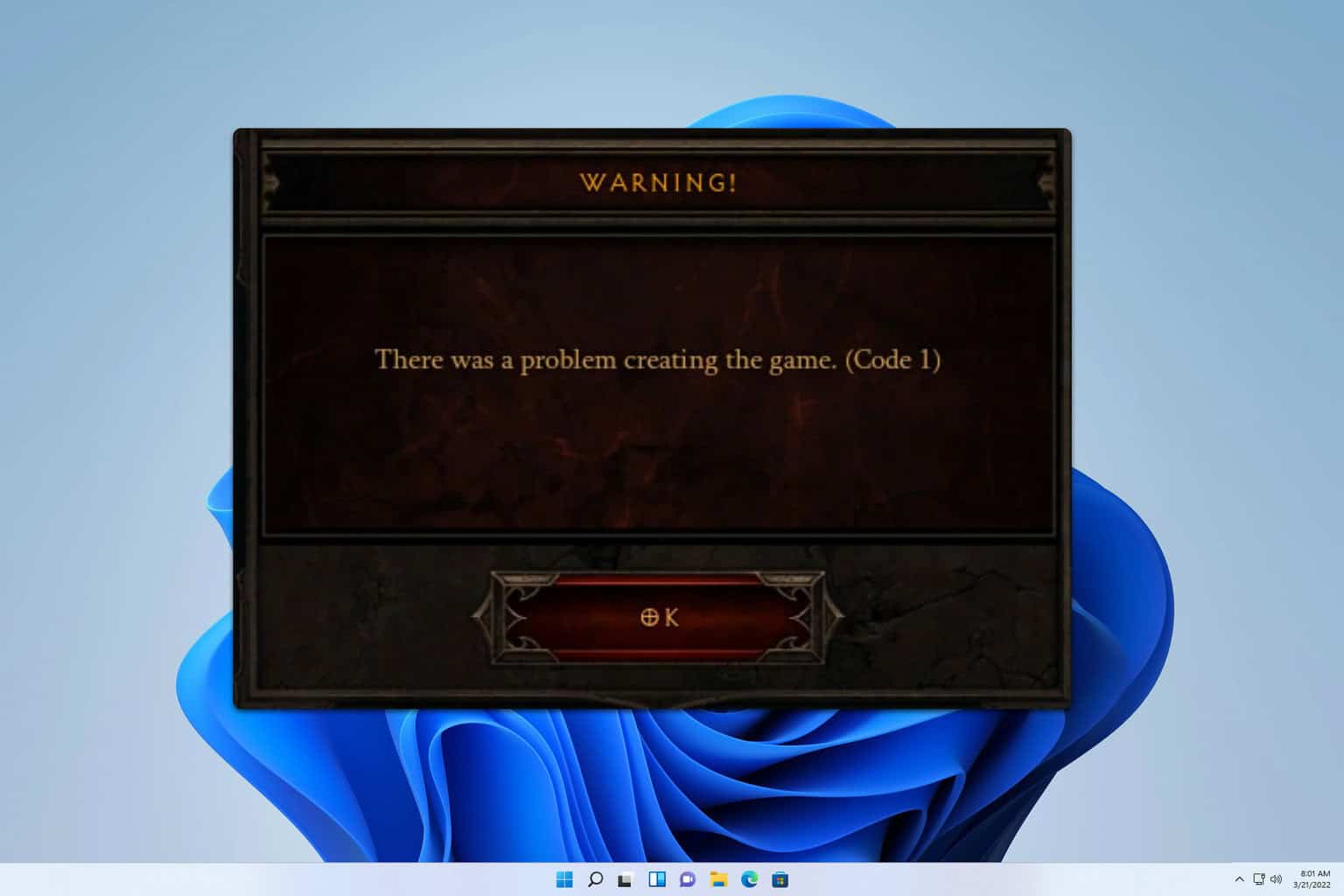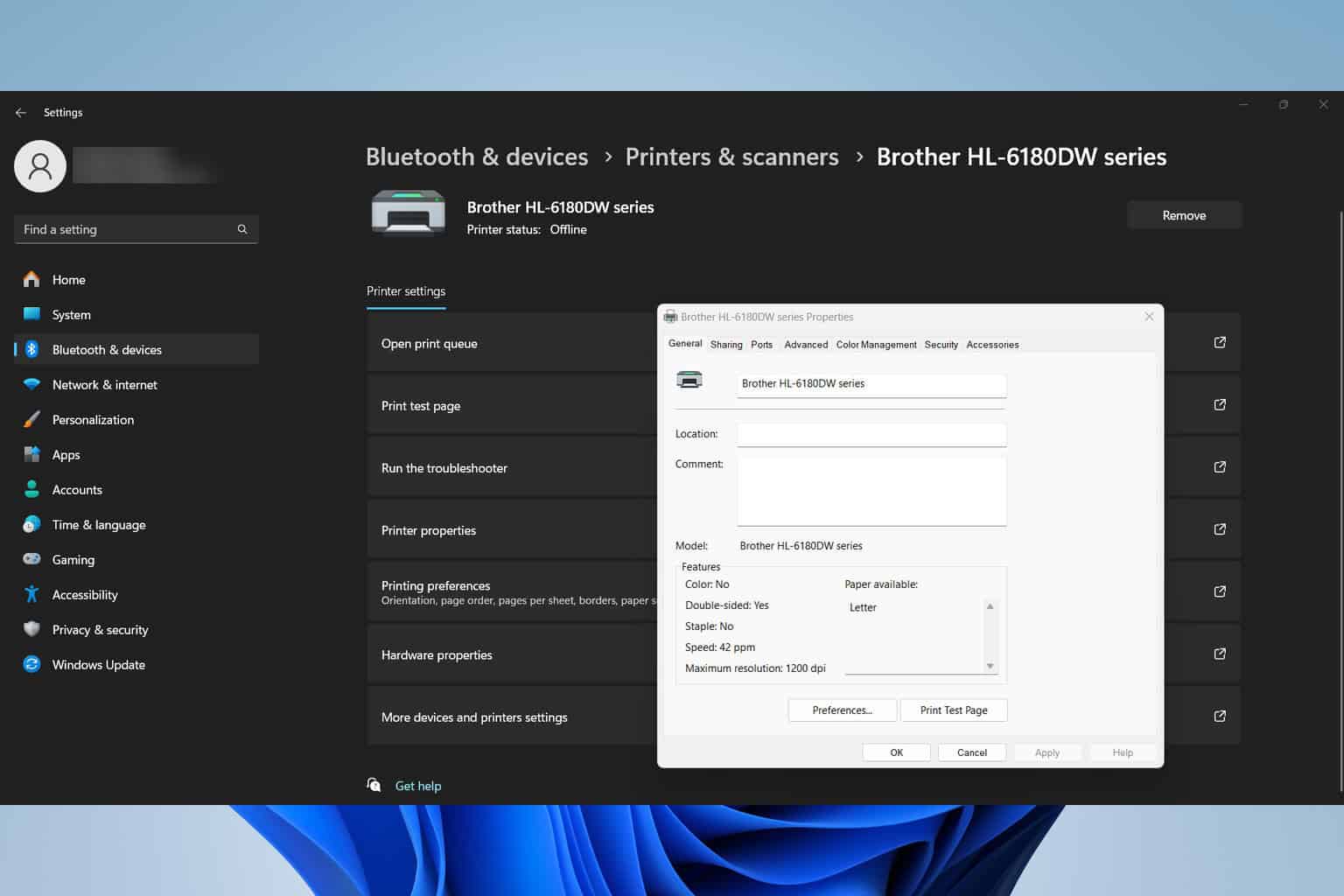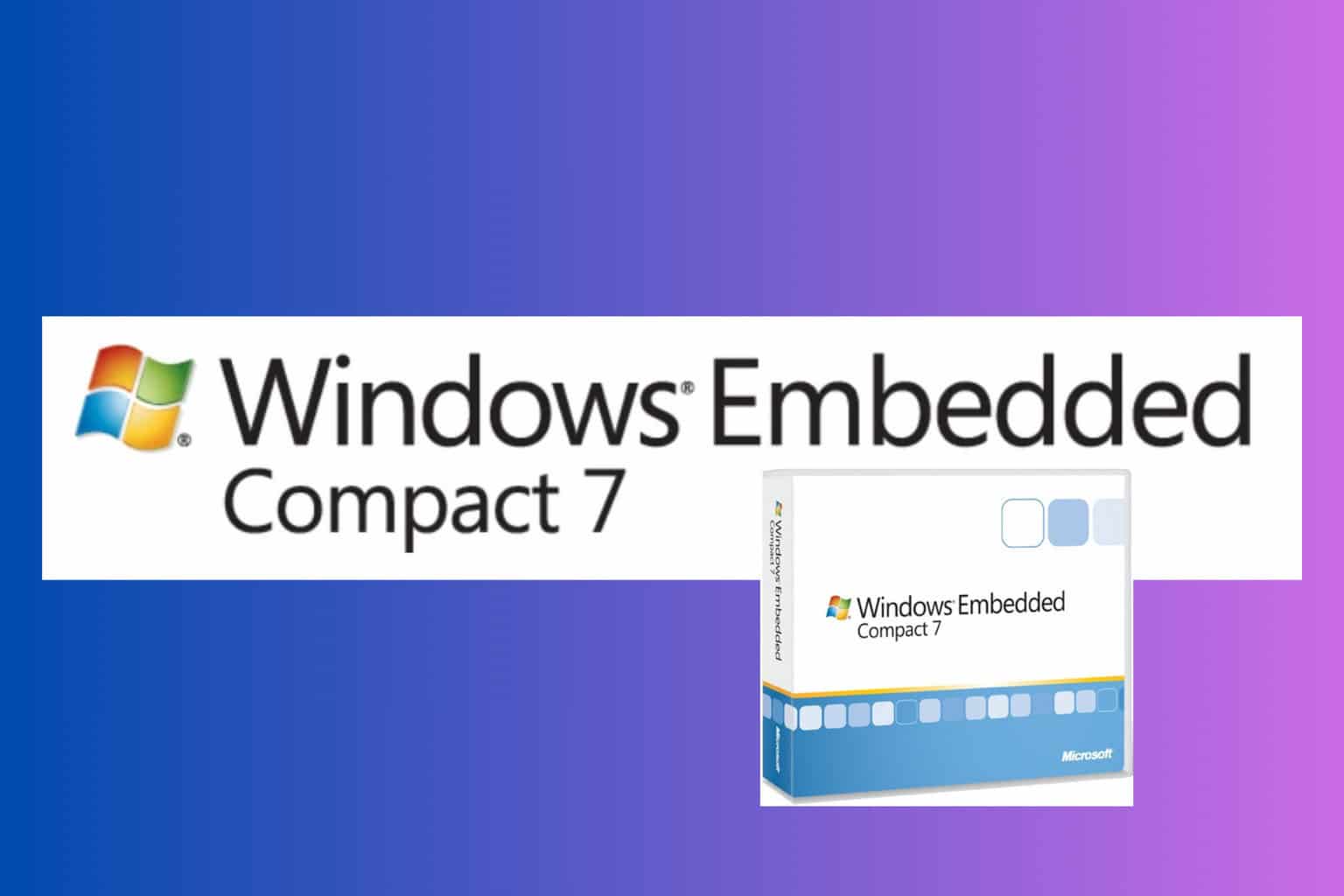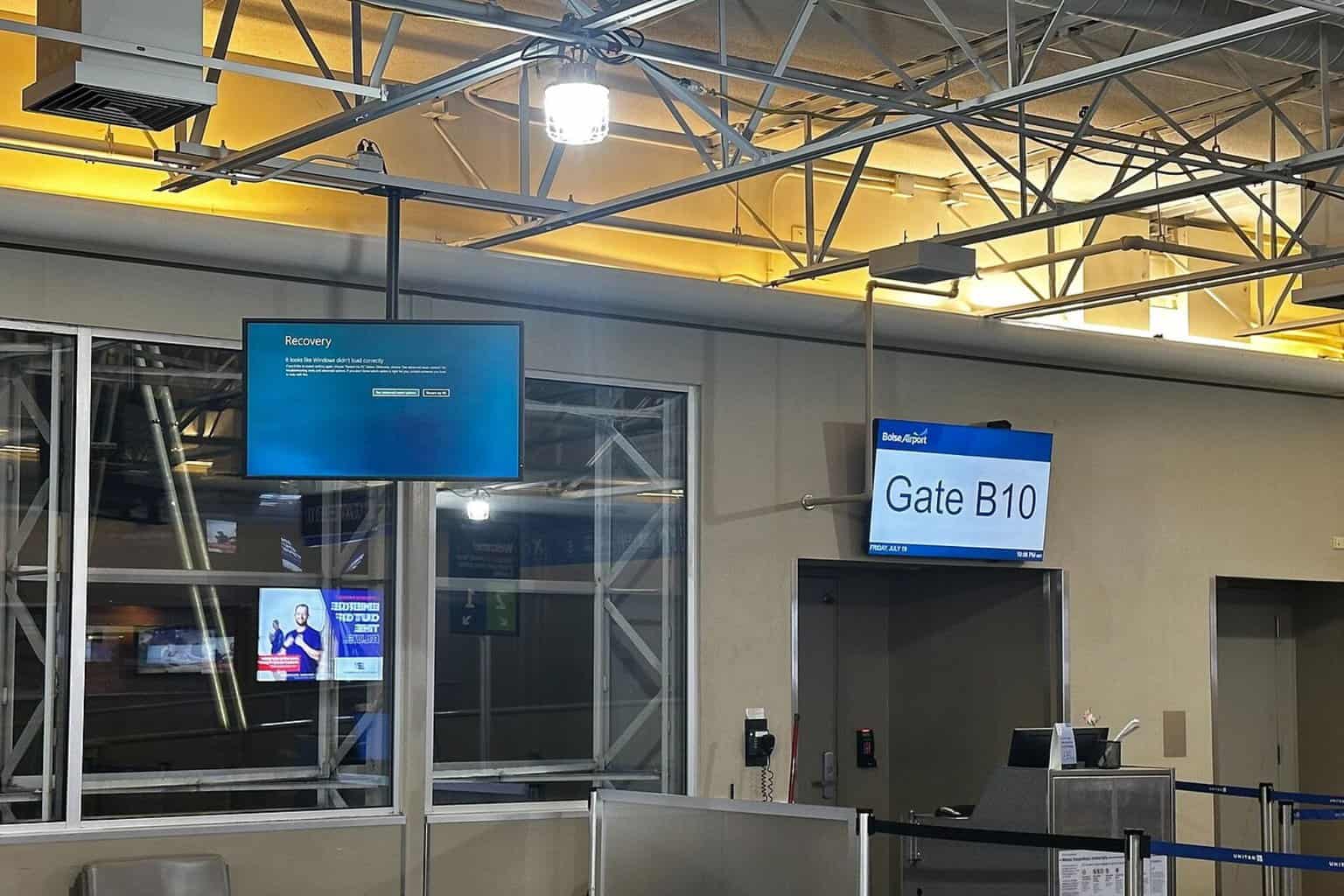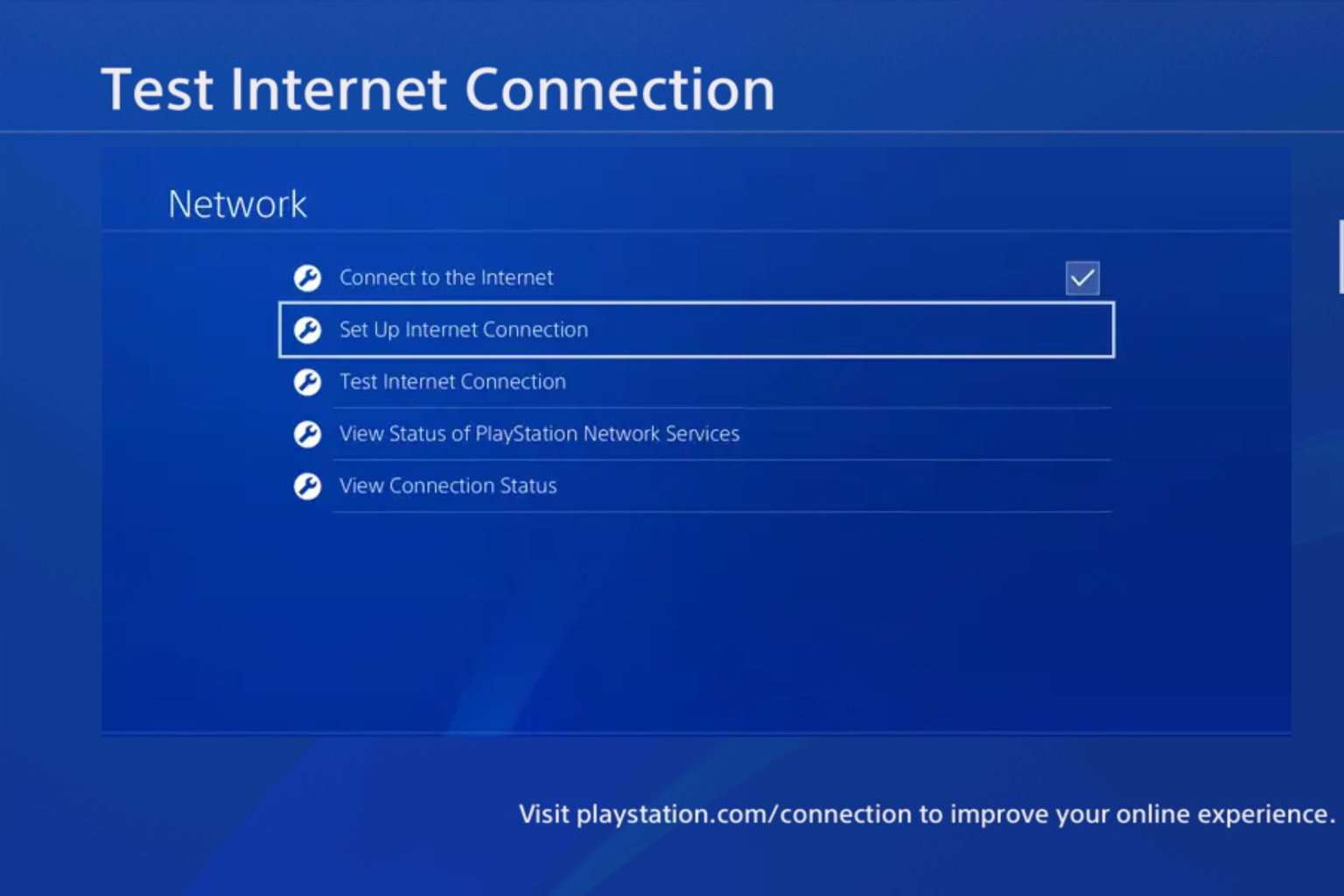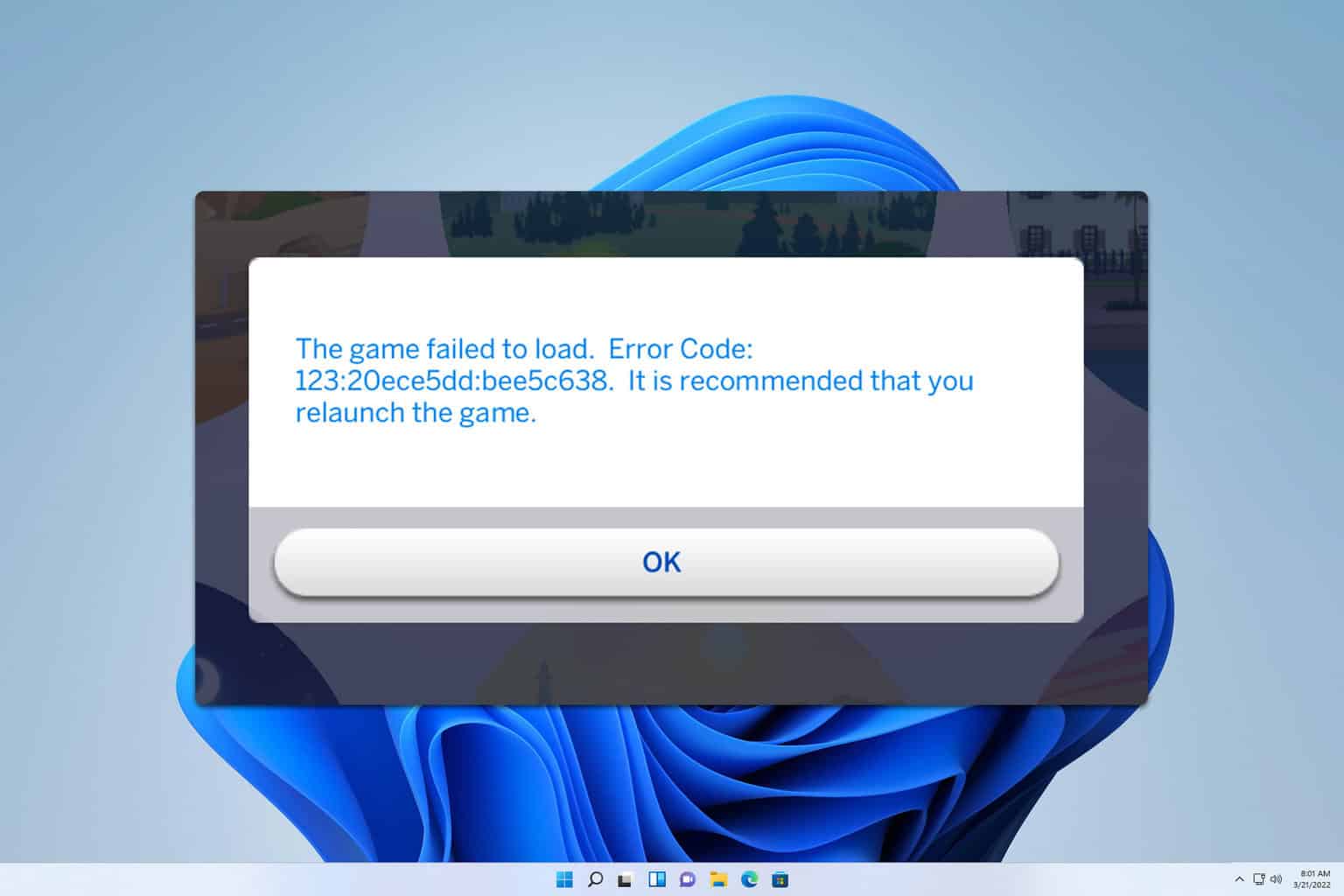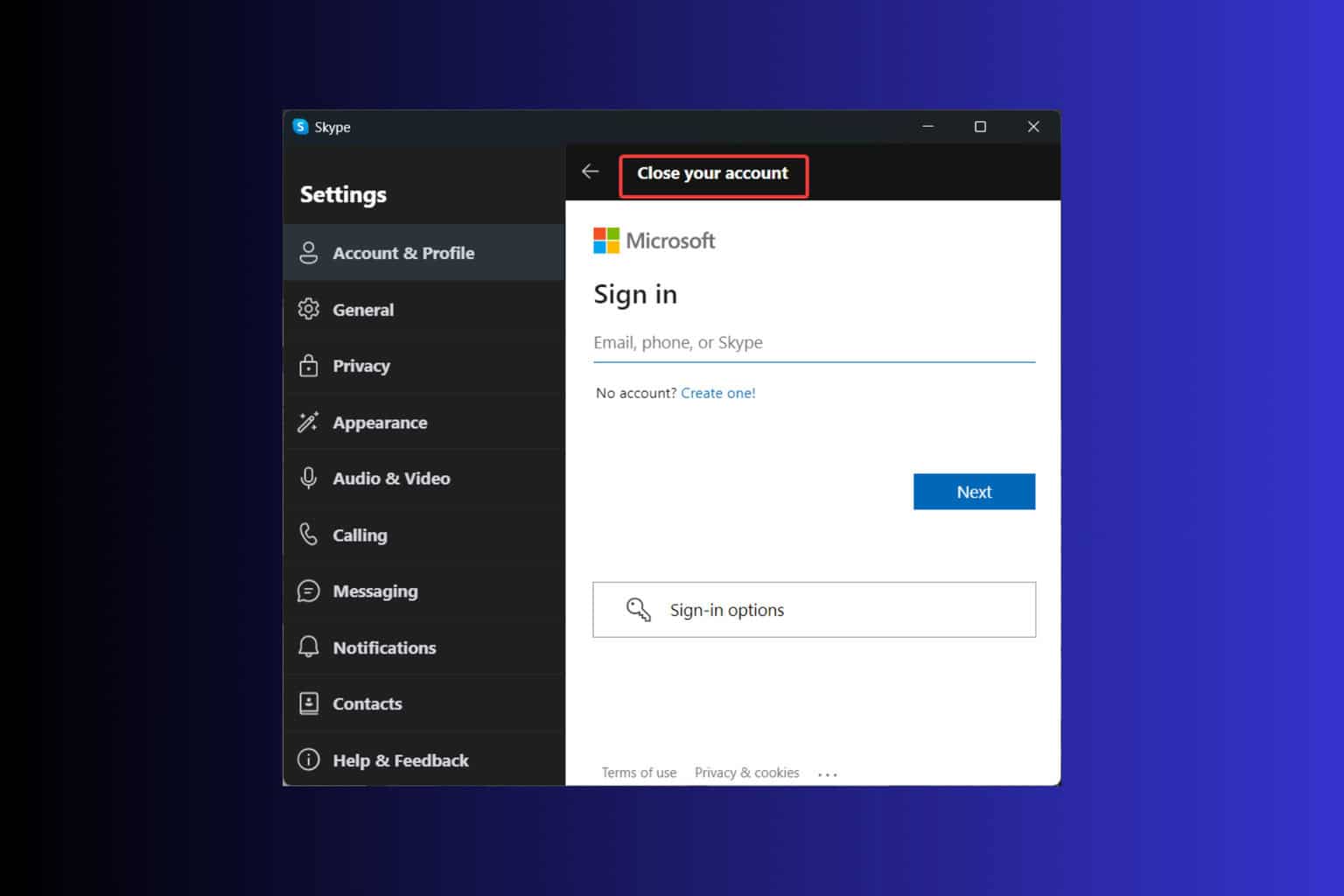Google, Intel, others cut ties with Huawei following US blacklisting, is Microsoft next?
3 min. read
Published on
Read our disclosure page to find out how can you help Windows Report sustain the editorial team Read more
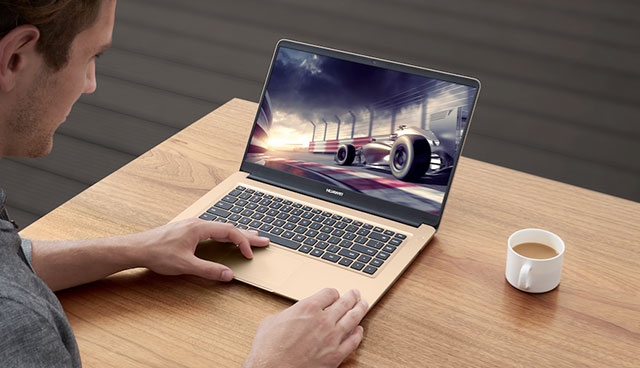
The US’ recent blacklisting of Chinese technology giant Huawei, which the Trump administration is accusing of helping state espionage, is already having major repercussions across the tech industry. Yesterday, Reuters reported that Google had suspended all business with Huawei, which means that future Android-powered smartphones from Huawei won’t have access to the Google Play Store, and Google Play Services.
Google later clarified that existing Huawei smartphones will continue to work as usual, but these devices likely won’t receive Android Q, the next major update for Android which is slated to be released this summer.
For Huawei users' questions regarding our steps to comply w/ the recent US government actions: We assure you while we are complying with all US gov't requirements, services like Google Play & security from Google Play Protect will keep functioning on your existing Huawei device.
— Android (@Android) May 20, 2019
Huawei is currently the second largest smartphone maker worldwide behind Samsung, and the Chinese company is now selling more phones than Apple. Over the years, Huawei’s smartphones became very competitive thanks to their excellent design, performance (Huawei now designs its own Kirin SoCs), and cameras, and the company’s success reflects the global rise of Chinese smartphone makers like OnePlus, Xiaomi, and Oppo.
Huawei losing access to the Play Store and Google Play Services is a pretty big deal as the company will now be forced to replace these services with its own in-house solutions, similarly to what Amazon did with its Android-based Fire tablets. Huawei’s smartphones for the Chinese market already use a customized version of Android with no Google services on it, and the Chinese company is also rumored to be working on an Android alternative for its own devices.
However, the problem for Huawei is that Google isn’t the only company that can no longer do business with the Chinese giant. Bloomberg is reporting today that Intel, Qualcomm, and other chip makers like Broadcomm will stop supplying Huawei while Trump’s executive order is active, and this will likely impact Huawei’s PC business as well.
For now, it’s not clear if Huawei’s Windows 10 PCs will stop receiving major Windows 10 updates, or if Microsoft will stop selling Windows 10 licenses to Huawei. Contacted by Techradar, the Redmond giant said that “we have nothing to share,” but it’s hard to imagine the company not doing anything. The current situation is pretty unique in recent history, and we’ll have to wait to see if the Chinese government decides to strike back. China is currently the world’s biggest factory, and we remind you that US tech giants all depend on a lot of components that are being manufactured in the country.
We’ve reached out to Microsoft for comment and we’ll let you know if we hear anything back.

